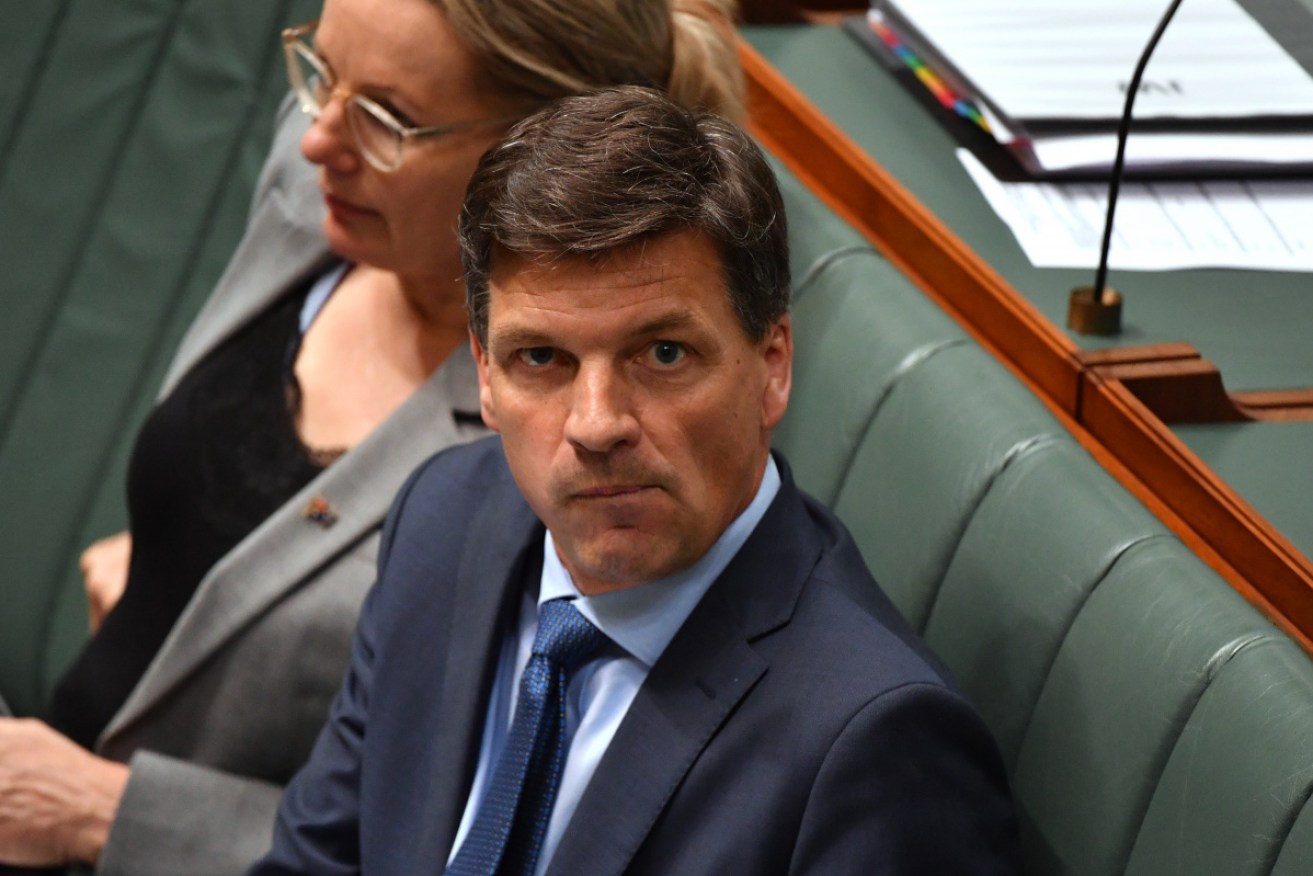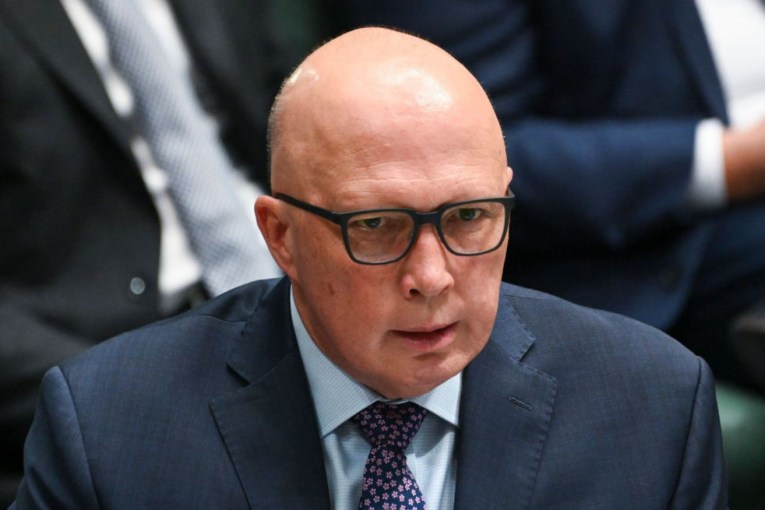Paula Matthewson: Inside the mind of your average Aussie voter


Voters care about a lot of things – one them just isn't Angus Taylor, Paula Matthewson writes. Photo: AAP
Have you ever wondered if you think like the average Australian voter? Many of us make the mistake of assuming that we do.
The simple act of pondering this question makes it likely that – no, you do not have the same level of interest in Australian politics as most people. That’s because most people rarely think about politics at all.
If you’re even remotely concerned about what this means for democracy, take a moment to think about the issues that most voters are actually concerned about.
Money
Anything related to money is never far from top of mind when it comes to the mainstream Australian voter. This could range from wanting a more secure, better paying job, worrying about house values and mortgage rates, or stressing about utility bills. Pretty much anything that relates to keeping up with increases in the cost of living.
According to the latest Australian Election Study (AES), a snapshot survey conducted after each federal election, a majority of voters (66%) cast their ballots in 2019 based on policy issues, with management of the economy identified by the highest number of voters (24%) as the most important issue.
Health and the environment
The AES survey identified health (22%) and environmental issues (21%) as the next two important issues.
According to the AES researchers, voters swung to the Coalition based on the economy, tax and leadership, or swung to Labor on the environment and health. On balance, there was a greater number of voters that switched from Labor to the Coalition based on economic issues, than from the Coalition to Labor based on environmental issues.
Climate action
Back when the 2019 election was held, a mere seven months ago, mainstream voters had been persuaded to see climate action negatively through the lens of high electricity prices.
Now they’re more likely to see it as a critically needed response to the environmental disasters that are currently destroying Australian lives and livelihoods, property, flora and fauna – whether in fetid rivers, parched paddocks or great swathes of blazing bushland.
As I noted in this column last month, ‘effects of climate change’ was one of the top three concerns for personal safety nominated by respondents to an Essential Poll held in early October (after terrorism and car accidents).
And ‘the environment’, which is a proxy for climate change, was identified by a Roy Morgan survey in November as the most important problem facing Australia today, putting the issue at number one for the first time since February 2011, and relegating concern for economic issues to the lowest level since April 2006.
It therefore should come as no surprise that another recent Essential Poll found a spike in the number of people who thought the Morrison government was not doing enough to address climate change, from 51 per cent in March this year to 60 per cent in November.
Another question in the same poll found 60 per cent of people agreed there was a link between the bushfires and climate change, which included 50 per cent of Coalition supporters.
Now that we’re clear on what voters are interested in, let’s touch on one issue that has been of little interest.
Angus Taylor and Clover Moore
A lot of energy was expended by the Labor Opposition, the Morrison government and the Canberra Press Gallery, in the last weeks of Parliament over the various controversies roiling around the Minister for Energy and Emissions Reduction, Angus Taylor.
The drama intensified when PM Scott Morrison stumbled badly by phoning a friend (who just happened to be the Police Commissioner) over an official investigation into Minister Taylor’s role in the use of potentially falsified information against Sydney Lord Mayor Clover Moore.
But does the average voter care about Minister Taylor’s potentially career-limiting moves?
Not according to this week’s Essential Poll, which asked respondents whether Angus Taylor should stand aside pending the outcome of the police investigation.
Thirty-five per cent of those surveyed said the PM should have stood down Minister Taylor for the duration. However, almost half (48 per cent) admitted they had not been following the issue at all.








